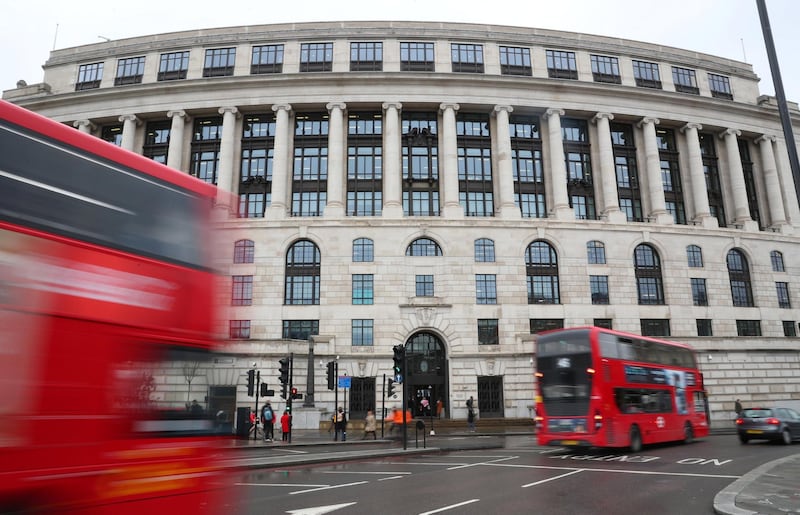Unilever, an Anglo-Dutch consumer goods company whose products include Magnum, Lipton, Ben & Jerry's, is abandoning its London headquarters in favour of the Netherlands, the latest setback to Prime Minister Theresa May who is trying to retain corporates in the UK after Brexit.
On Thursday the company said in a statement it is consolidating its headquarters in Rotterdam as part of its efforts to become "a simpler, more agile and more focused business".
“It gives us more strategic flexibility to undertake major mergers and acquisitions using the stock or demerge parts of our business in the future,’’ added chief financial officer Graeme Pitkethly on a call.
Unilever made no mention of Brexit, but the decision had been widely anticipated in the wake of the UK’s decision to leave the European Union. It means Unilever’s headquarters will remain in the EU after Brexit and the company will continue to be listed in London, Amsterdam and New York.
Analysts also think Unilever’s move is a bid to protect itself from hostile approaches, given Dutch takeover laws are tougher than those that exist in Britain. It comes after rival Kraft Heinz made an ultimately unsuccessful $143 billion hostile takeover bid early last year, which prompted Unilever to launch a far-reaching review of its business. Other slow-growing consumer goods giants such as Nestle and Procter & Gamble have also been targeted by activist investors.
_______________
Read more:
Unilever's likely London exit stokes Brexit concerns
Unilever goes ‘Made in the UAE’ with factory in Dubai
Unilever’s Mena head warns of soft outlook for personal care industry
_______________
Unilever said it will now create three divisions: Beauty and Personal Care, Home Care and Food and Refreshment. The first two will be based in London, Unilever said, softening the blow to the UK. Most of its 7,300 employees in Britain and its 3,100 in The Netherlands will be unaffected by the move, it added.
The company will continue to list its shares in both countries, as well as in the US.
Losing the headquarters is a setback for Mrs May’s vision of post-Brexit Britain as an attractive destination for foreign investment. Unilever is the UK’s third biggest company, operating in 190 countries. In 2017, it had sales of more than €50 billion.
"It's definitely a blow to the policy of trying to retain investment in the UK after we leave the bloc, and it also adds to the general retail malaise we're seeing in Britain at the moment," Jonathan De Mello, head of retail consultancy at Harper Dennis Hobbs, told The National. "What we don't want is other large multinationals to follow Unilever out of the UK, but this could happen if we're not careful."
However, the UK government sought to put a positive spin on the news, insisting that Brexit is not a factor in the decision. In a tweet, the Department for Business, Energy and Industrial Strategy said Unilever's decision to base its head office in Rotterdam is "part of a long-term restructuring plan of the company and is not connected to the UK's departure from the EU".
The government’s response to today’s announcement from @Unilever on their long-term commitment to the UK. pic.twitter.com/6worCtfwYr
— Dept for BEIS (@beisgovuk) March 15, 2018
Meanwhile, the Dutch government welcomed the announcement, with economic affairs minister Eric Wiebes saying it underscored that The Netherlands is an attractive location for big business.
Mark Rutte, prime minister of The Netherlands, used to work at Unilever, and has proposed scrapping a dividend tax, making the country more attractive to multinationals.
The proposals are subject to shareholders' approval, with implementation expected toward the end of this year, Unilever said.
Unilever was formed in 1930 by a merger of Margarine Unie of The Netherlands and UK soapmaker Lever Brothers, which resulted in the company’s dual identity. Unilever Plc in Britain and Unilever NV in The Netherlands are technically separate companies but operate together under a convoluted structure which allows them to share everything from brands and technology to identical boards of directors.





